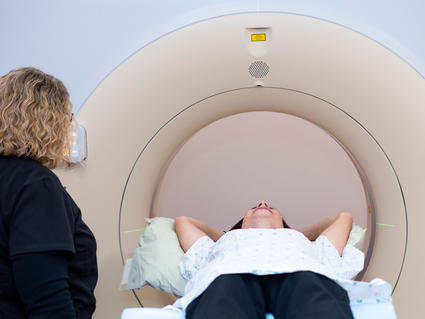Oncological Screening - Abu Dhabi - Dubai
Oncological screening refers to the process of using specific tests or examinations to detect cancer or precancerous conditions in individuals who do not have any symptoms. The goal of oncological screening is to identify cancer at an early stage when it is more likely to be treatable and potentially curable.
Here are some commonly recommended oncological screening tests:
- 1. Breast cancer screening: Mammography is the most common screening tool for breast cancer. It involves obtaining X-ray images of the breasts to detect any abnormalities or signs of breast cancer. In some cases, additional imaging tests like ultrasound or MRI may be recommended for further evaluation.
- 2. Cervical cancer screening: The Pap test (or Pap smear) is used to screen for cervical cancer. During this test, cells are collected from the cervix and examined under a microscope to detect any abnormal changes. In some cases, human papillomavirus (HPV) testing may be performed along with the Pap test.
- 3. Colorectal cancer screening: Various tests are available for colorectal cancer screening, including fecal occult blood tests (FOBT), fecal immunochemical tests (FIT), sigmoidoscopy, colonoscopy, and virtual colonoscopy (CT colonography). These tests help detect abnormalities, such as polyps or cancerous growths, in the colon and rectum.
- 4. Lung cancer screening: Low-dose computed tomography (CT) scans are recommended for certain individuals at high risk of developing lung cancer, such as heavy smokers or former smokers. These scans can help detect lung nodules or other suspicious lesions that may require further evaluation.
- 5. Prostate cancer screening: Prostate-specific antigen (PSA) blood tests are commonly used for prostate cancer screening. Elevated PSA levels may indicate the presence of prostate cancer, although further diagnostic tests, such as a prostate biopsy, may be necessary to confirm the diagnosis.
It's important to note that the recommendations for oncological screening may vary depending on factors such as age, sex, family history, and individual risk factors. The screening intervals and starting ages may differ among different organizations and countries. It's best to consult with a healthcare provider, such as a primary care physician or oncologist, to determine the most appropriate screening plan for your specific circumstances.

